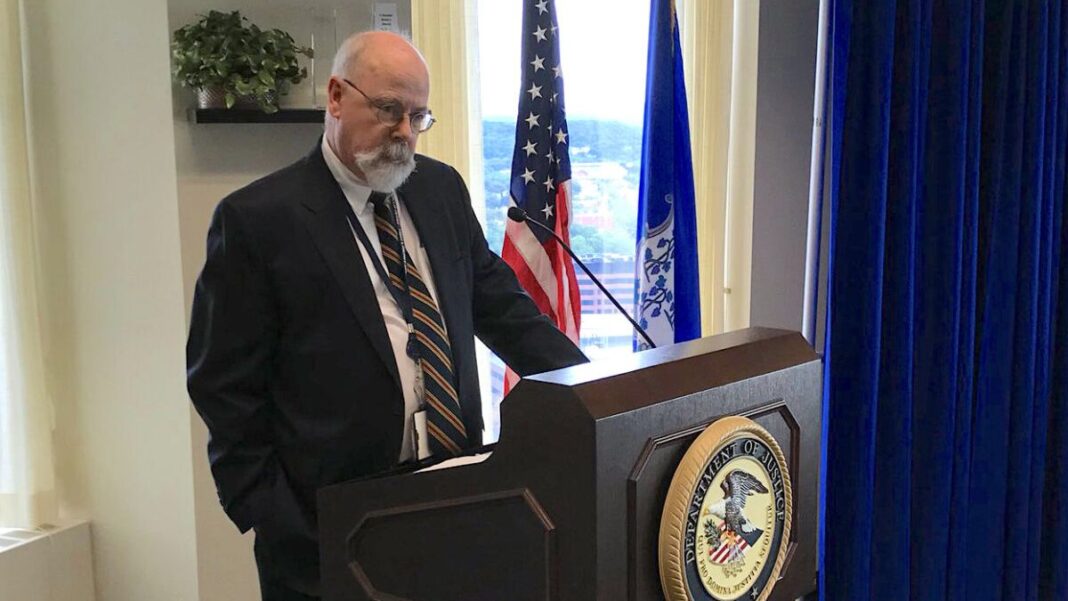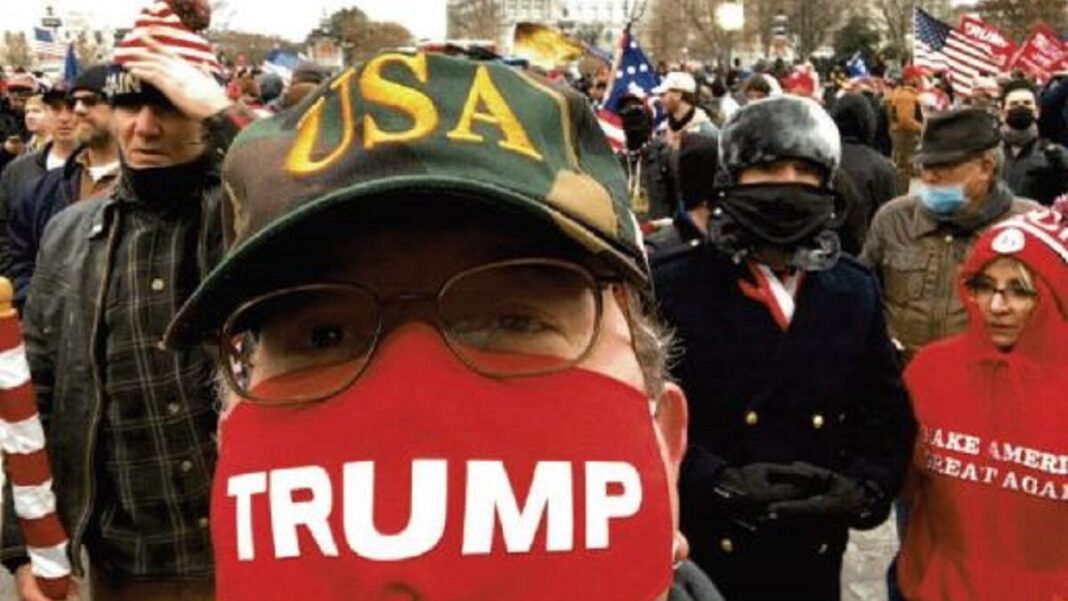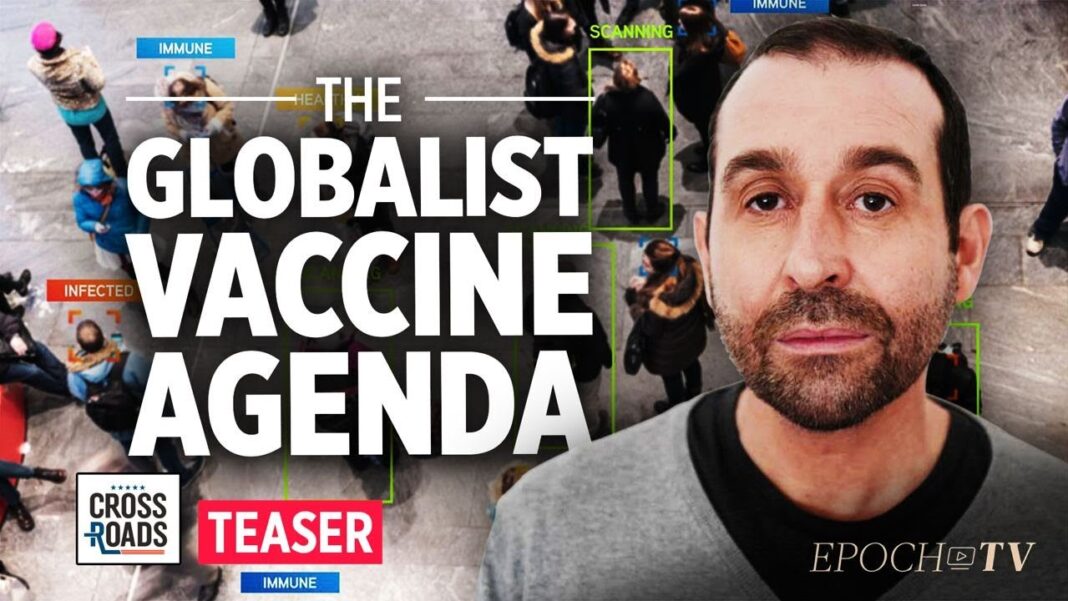
Special counsel John Durham’s team on April 6 asked a federal judge to force Hillary Clinton’s presidential campaign and two other parties to hand over documents they claim are protected by attorney–client privilege.
The campaign, the Democratic National Committee (DNC), and research and intelligence firm Fusion GPS appear to be withholding documents that aren’t actually protected by the privilege, Durham’s team said in the filing, entered in the case against ex-Clinton lawyer Michael Sussmann.
Of the withheld materials, almost all “appear to lack any connection to actual or expected litigation or the provision of legal advice,” prosecutors told U.S. District Judge Christopher Cooper, an Obama appointee who is overseeing the case.
In fact, of the 1,455 documents being withheld by Fusion GPS, only 18 emails and attachments are said to involve an attorney.
The Clinton campaign, the DNC, and Fusion didn’t respond to requests for comment.
The documents in question are being sought for the upcoming trial of Sussmann, who was charged with lying to the FBI for going to a bureau lawyer in 2016 and falsely stating he didn’t hand over unsubstantiated claims about then-candidate Donald Trump on behalf of a client.
The claims were compiled with funding from the campaign and the DNC by former British spy Christopher Steele and Fusion GPS, which was founded by former reporters.
Sussmann and his lawyers have been pressing the judge to dismiss the case prior to trial, arguing that the lie about not bringing the information on behalf of a client wasn’t material to the information itself.
Attorney–client privilege protects many communications between a client and their lawyer. Disclosure to third parties usually undercuts privilege claims.
In the new filing, Durham’s team pointed out that Fusion GPS co-founders Glenn Simpson and Peter Fritsch penned a book published in 2019, which means even if a valid privilege did once exist, it might have since been waived.
Prosecutors also noted that Fusion GPS operatives regularly communicated with reporters about their work, resulting in several stories before the 2020 election and a spate of others after voters hit the polls.








